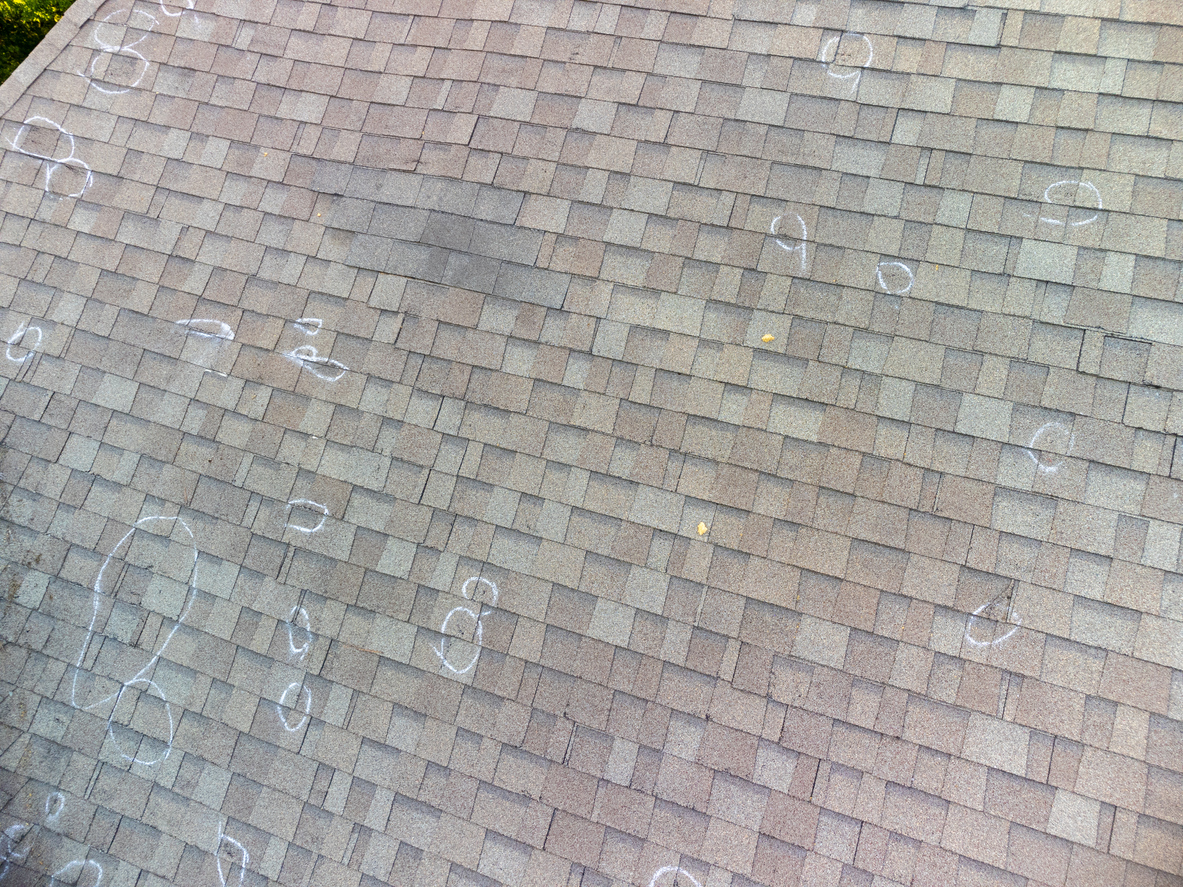In my last post titled ‘Bama Bad Faith – An Alabama Case Evaluates a Number of Bad Faith Issues, I addressed the factual background of the bad faith case Jones v. Alfa Mutual Ins. Co., 1 So.3d 23 (2008), which analyzes several legal issues. This week, I will write about the first legal issue: whether the Insureds, Harold and Pam Jones, timely filed their complaint.
The lower court entered summary judgment in favor of Alfa, finding that the Insureds did not file their complaint within the statute of limitations and the Insureds appealed. The Insureds argued that Alfa did not close its file on the claim until January 20, 1997, less than two years before this action was filed. Furthermore, Alfa’s actions following the issuance of Ralph Jones’s report were not in accordance with the denial of the claim. Alfa, on the other hand, claimed that both Ralph Jones’s report and Bradshaw’s December 29, 1995, letter to the Insureds (collectively “the Letters”) sufficiently placed the Insureds on notice that their claim for damage to their drywall and brick veneer was being denied.
When analyzing this issue, the Supreme Court of Alabama reviewed the statute of limitations for bad faith claims:
Bad faith is an intentional tort [citation omitted] and a species of fraud [citation omitted]. The cause of action for bad faith refusal to honor insurance benefits accrues upon the event of the bad faith refusal, or upon the knowledge of facts which would reasonably lead the insured to a discovery of the bad faith refusal. The accrual of the tort of bad faith is a question of fact to be determined by the circumstances of each case [citation omitted]. The statute of limitations for bad faith claims arising on or after January 9, 1985, is for two years [citations omitted]. When a claim accrues, for statute-of-limitations purposes, is a question of law if the facts are undisputed and the evidence warrants but one conclusion [citation omitted]. However, when a disputed issue of fact is raised, the determination of the date of accrual of a cause of action for statute-of-limitations purposes is a question of fact to be submitted to and decided by a jury.
Alfa argued that the Letters constituted a denial of the claim specifically regarding the damage to the drywall and exterior brick veneer of their house. The Insureds argued that the Letters did not explicitly state that the claim was being denied and did not reference all the items that were damaged by the hurricane. Because the facts were disputed, the Insureds argued that summary judgment was not warranted on the statute-of-limitations issue. In further support of their argument, the Insureds refered to Godwin’s deposition testimony indicating that Alfa’s policy was to deny a claim orally whenever possible or, in the alternative, to deny the claim in writing. The Insureds testified that they had several face-to-face conversations with both Sanders and Bradshaw after Ralph Jones completed his report, but Alfa never orally denied the claim. Harold Jones testified that while he was adjusting the peanut-boil-over claim, Bradshaw informed him that Alfa had not ruled on the hurricane claim, that Alfa had not informed him how to handle the claim, and that, as of that date, there had been no settlement of the claim.
Furthermore, after Ralph Jones’ report was issued, Alfa invited the Insureds to submit additional information to support their claim and continued to investigate the claim for almost two years following that report, reinspecting the home in November and December 1997. The Insureds also pointed out that Alfa made payments on the claim on January 20, 1997, demonstrating that the claim was still open. Additionally, the Insureds addressed the fact that Sanders did not know that the claim had purportedly been denied and that he assured them on numerous occasions that their hurricane claim would ultimately be paid.
There was also evidence that Alfa took actions subsequent to writing the Letter that could have led the Insureds to doubt their claim had been denied. Among other things, Alfa continued to investigate the cracks in the walls of the house, Bradshaw’s stated in October 1996 that Alfa had not instructed him how to handle the claim and that it had not ruled on their claim, and the fact that Sanders, the Insureds’ insurance agent, was unaware that the claim had been denied until March 1997.
Taking all of this into consideration, the Court could not conclude as a matter of law that Alfa put the Insureds “on such notice that the fraud reasonably should [have been] discovered.
A review of the evidence in a light most favorable to the nonmovant, the Joneses [the Insureds], indicates that genuine issues of material fact exist as to when Alfa actually denied the Joneses’ claim and as to when the Joneses would have or should have known of facts that would reasonably lead them to discover the denial. Thus, the partial summary judgment on the Joneses’ bad-faith claims is not barred by the statute of limitations.
Please consider that this analysis and decision is specific to the Supreme Court of Alabama. Other jurisdictions may have different rulings on the same or similar issues. Please tune in next week for the next legal issue analyzed in this case.



